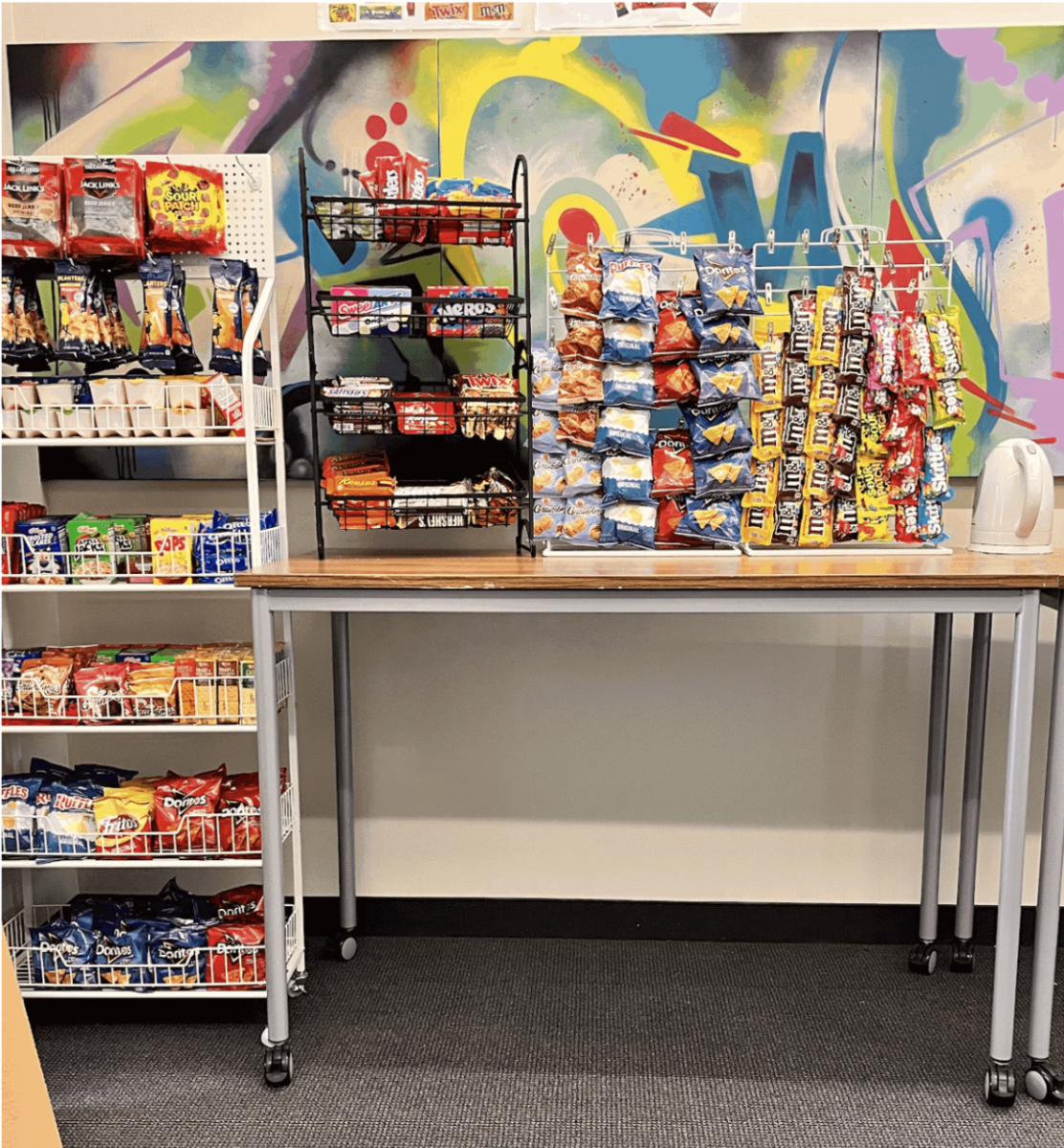Susie Lee
Reporter
Many Facebook users assume it is safe to post any photos and comments on profiles, thinking only their online friends will see them, but they may be unaware that even private data can become public and can cause conflicts in the future.
One out of four public and private schools check students’ Facebook profiles, according to a recent study at the University of Massachusetts at Dartmouth.
“Colleges don’t have to search hard. They can simply Google and Facebook a student’s name and see what comes up,” said Barnes.
Although many universities may not directly check Facebook profiles, students may bring questionable content to the attention of administrators.
“We have seen cases that started when administrators saw pictures of students breaking rules on Facebook,” said Bailey Douglass (’06), who served on the Judicial Peer Board at the University of Puget Sound last year.
“Although the university’s policy is not to check students’ Facebooks, sometimes other students bring these pictures to the administration’s attention, and then the university may take disciplinary action.”
Businesses also care about first impressions and a picture of an applicant drinking alcohol can cost her an interview, according to Michelle Ban, a job recruiter at Influx Partners.
“While some companies may have policies that forbid any type of judgment based on what someone finds on a social networking profile, most don’t — and even if they do, many folks in hiring positions these days do it anyway,” said information manger Scott Wilson at Indiana University.
Private profiles can reveal personal data to outside sources through Facebook applications, which are add-on programs that allow users to customize their pages. These programs require users to allow application developers full access to their all her profile data — private and public.
“This is usually an even exchange,” said Wilson. “The user must allow the application access to their profile data in order to benefit from being able to use the application. It’s the decision of the user whether to make that exchange or not.”
Facebook requires in its Terms of Service that developers discard any data they receive from Facebook within 24 hours. However, Facebook does not check to confirm if this policy is followed, stating, “each application has not been approved, endorsed, or reviewed in any manner by Facebook … we are not responsible for … the privacy practices or other policies of the Developer. You use such developer applications at your own risk.”
While completely removing information online is difficult, there are ways to reduce risks of revealing private information according to Wilson. Users must take a proactive approach to details they post about themselves and information posted about them. Users should also use caution with regard to privacy settings, and to whom their profile is visible.
“Trying to remove something from the Internet is like trying to correct a typo in a newspaper after it hits the newsstands in the morning,” said Wilson.
But Facebook’s publicity can actually work to the student’s advantage if online information is moderated, says Barnes.
“I’m not saying people shouldn’t use Facebook. Students should just use it more carefully. Maybe they could put up pictures of them doing public service projects,” said Barnes.
“If they know college admissions might look at their profiles, why not put something up that’ll make them attractive candidates?” said Barnes. “Be smarter about it.”








